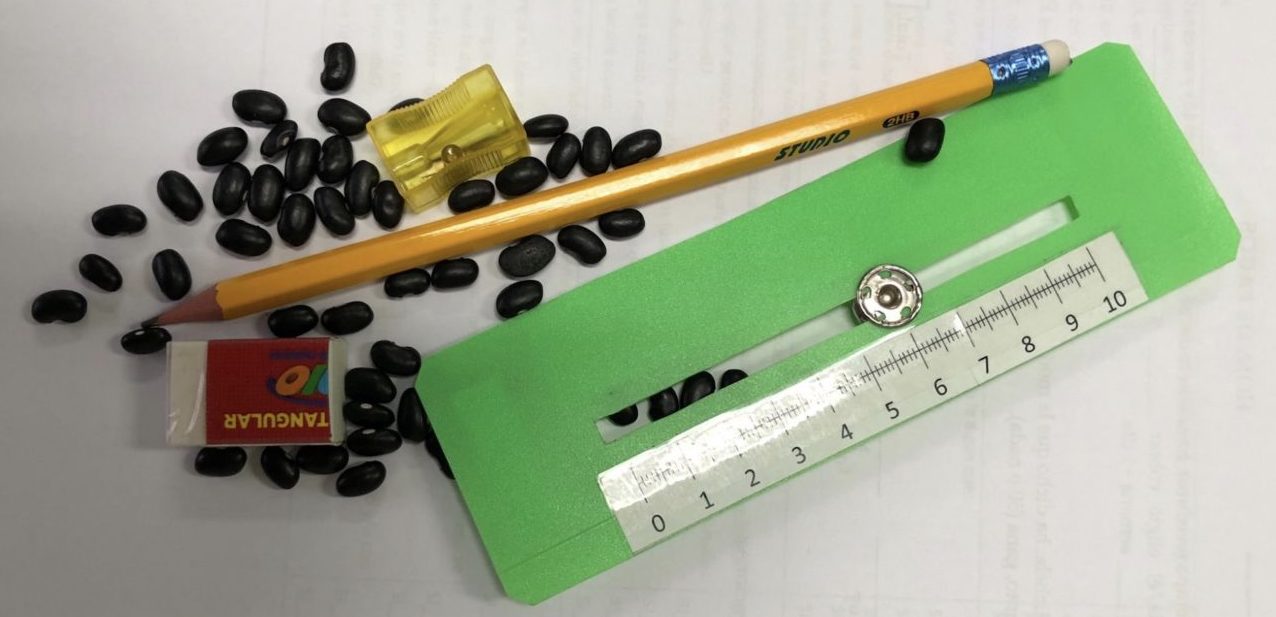Economic experiments outside the lab (OutLabExp)
Abstract
The central hypothesis of this project is that laboratory experiments, particularly the tasks we use in EE laboratories, cannot be automatically transferred outside the laboratory (and much less so to interventions in developing countries) if no significant prior effort is made to determine which lab tools work and which ones do not work in the field.
For example, our experience in TD (both a simple version with a single list and another more complex version with four lists) has worked correctly in the field in subjects with a (very) low level of education in towns of Granada, Spain, as well as subjects living in slums in Northern Peru with practically no schooling. In contrast, the elicitation mechanisms of networks that function so well with university students failed miserably in participants from Peru.
The project has 3 objectives:
- Portability: To test experimental tasks in the field and be able to test a series of tasks (and variations) with the ultimate goal of proposing a series of tasks that function reasonably in the field.
- Policy implications: To use experimental tasks in order to predict relevant outputs in terms of policy implications. For example, we want to determine if the discount (or risk) rate has any predictive capacity with regard to economic outputs.
- Correlations & Theory. This objective fits in well with our previous projects. We aim to find evidence of possible correlations between decisions in games and variables such as cognitive skills, executive control or creativity. We are also interested on theory and the intersection between the experiments that serve to test the theory (social preferences, political economy, etc.).
- Keywords
- behavioral development economicsexperimentssocial-norms
- Principal Investigators
- Funder
- Spanish Ministry of Science and Technology
